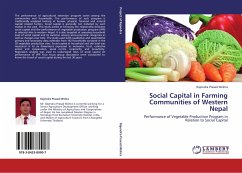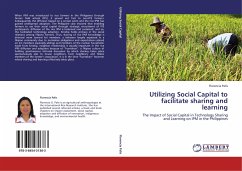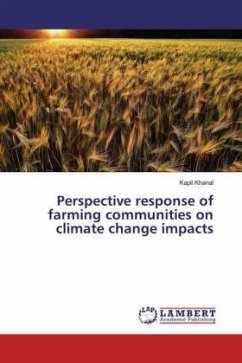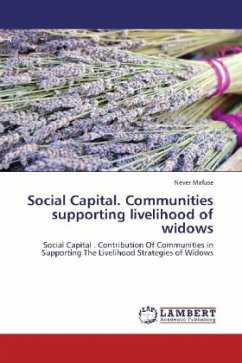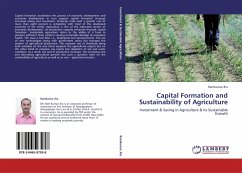The performance of agricultural extension program varies among the communities and households. The performance of such program is traditionally analyzed looking at human, physical, financial and natural capital related factors. Social capital is generally not included by such studies in the past. This study aimed at knowing the relationship between social capital and the performance of vegetable production program (VPP) in selected sites in western Nepal. It is also targeted at assessing household level of social capital and its variation among socio-economic categories as well as changes over time. The study used both qualitative and quantitative primary and secondary data collected from 162 households surveyed in the 20 vegetable production sites. Social capital at household and site level was measured in its six dimensions expressed as networks, trust, collective action and cooperation, social norms, reciprocity, and proactivity. Regression analysis was used to understand roles of social capital on performance of VPP. Four focus group discussions were conducted to know the trend of social capital during the last 30 years.
Bitte wählen Sie Ihr Anliegen aus.
Rechnungen
Retourenschein anfordern
Bestellstatus
Storno

